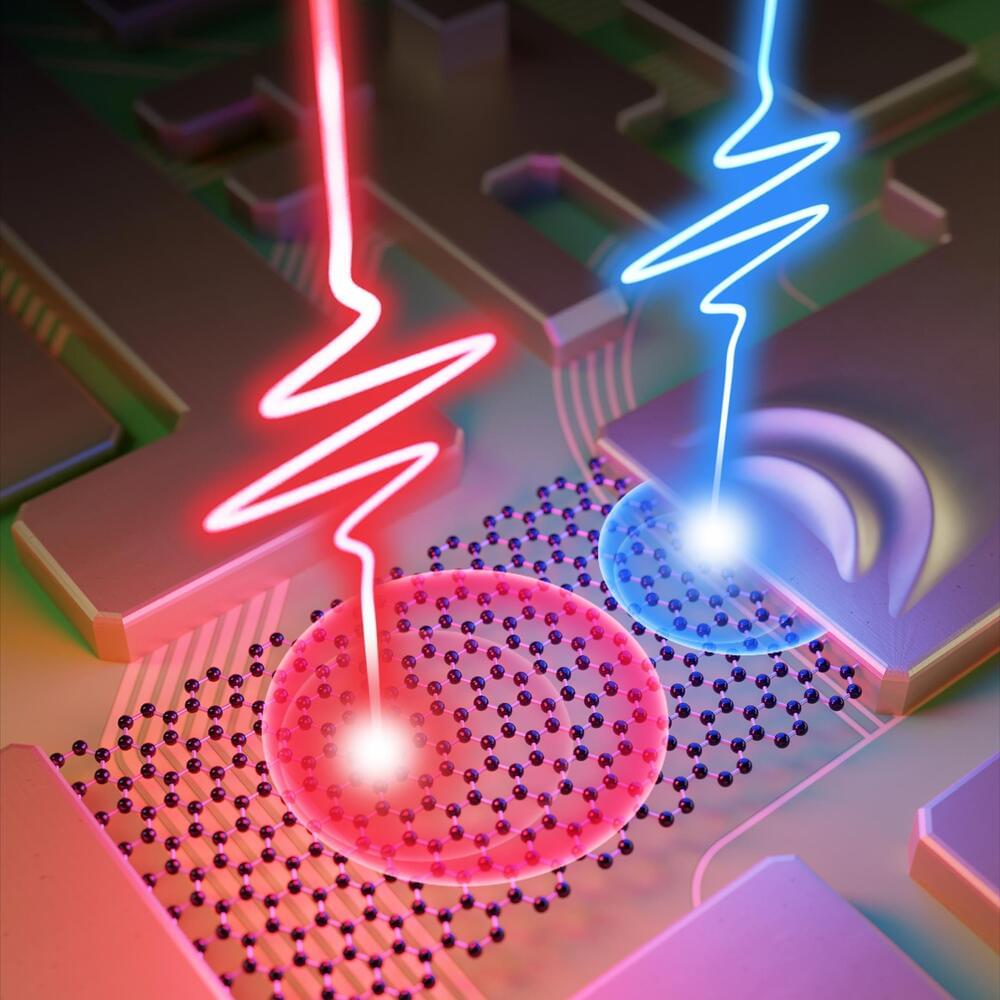Simulating complex scientific models on the computer or processing large volumes of data such as editing video material takes considerable computing power and time. Researchers from the Chair of Laser Physics at Friedrich-Alexander-Universität Erlangen-Nürnberg (FAU) and a team from the University of Rochester in New York have demonstrated how the speed of fundamental computing operations could be increased in the future to up to a million times faster using laser pulses. Their findings were published on May 11, 2022, in the journal Nature.
The computing speed of today’s computer and smartphone processors is given by field-effect transistors. In the competition to produce faster devices, the size of these transistors is constantly decreased to fit as many together as possible onto chips. Modern computers already operate at the breathtaking speed of several gigahertz, which translates to several billion computing operations per second. The latest transistors measure only 5 nanometers (0.000005 millimeters) in size, the equivalent of not much more than a few atoms. There are limits to how far chip manufacturers can go and at a certain point, it won’t be possible to make transistors any smaller.
Physicists are working hard to control electronics with light waves. The oscillation of a light wave takes approximately one femtosecond, which is one-millionth of one billionth of a second. Controlling electrical signals with light could make the computers of the future over a million times faster, which is the aim of petahertz signal processing or light wave electronics.









Comments are closed.